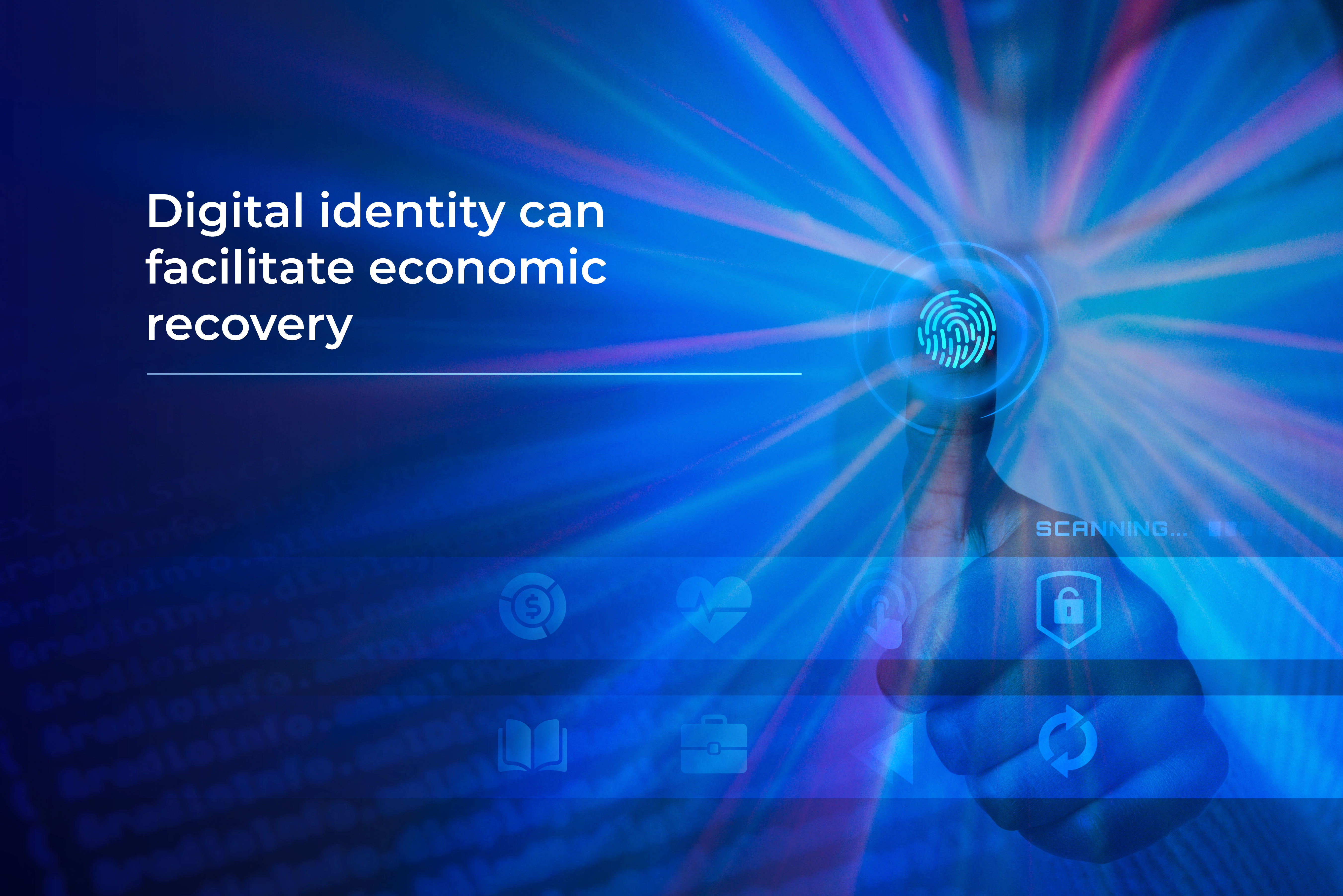
Digital identity can facilitate economic recovery
The Covid-19 pandemic has accelerated the digitization of economies. Now is the time to generalize digital identities, explains Elizabeth Berthe, associate director at MicroSave Consulting, an international consulting firm specializing in financial, economic, and social inclusion. Based in Dakar, she reviews the pilot project deployed in Senegal and the conditions required to ensure the proper use of digital identities.
In which way does the generalization of digital identities constitute a major challenge for Senegal and, from a broader perspective, West Africa?
All citizens deserve to have a digital identity that will provide them with easy access to services while protecting their privacy and ensuring their inclusion. Without appropriate identification, they find themselves excluded from employment, health insurance, formal financial services, and social benefits. This observation is also valid at the regional level when it comes to facilitating cross-border transactions and mobility to achieve the integration of the regional economy.
To what extent does the current pandemic context increase the urgency of their deployment?
There is a new sense of urgency: With the curfews, digital identities can contribute to paving the way for economic recovery. The real challenge is not related to the component of these identities, but to the opportunities they offer.
Could the pilot project deployed in Senegal serve as a model for the UEMOA region?
Multiple identification systems create confusion and poor quality data and double the expenses despite their resources being very limited. To be efficient, they must have the capacity to interact and to share data. Each digital identification system is unique and must solve the relevant country’s sensitive issues while respecting basic principles such as those recommended by #GoodID. In Senegal, the pilot project aims to standardize digital identities, provide a means to verify or certify the identities and contribute to achieving interoperability. Since the challenges of the other countries of the sub-region are similar, this project may provide the latter with potential solutions.
Do you think the creation of a consolidated telephone subscriber database is a relevant approach to feeding a digital identity register?
Ideally, digital identities should be developed as a public good, and not as a system controlled by private entities, as this could limit their scope of utilization and pose risks. Phone numbers are an easy way to steal information, you only have to look at SIM swaps. This should therefore be a temporary measure. Mobile identification will become interesting once smartphones have become omnipresent. It may then act as a springboard for the collection of additional data, but protecting the citizens will remain a necessity.
Which devices and regulatory frameworks are needed to ensure the protection of personal data and the proper use of digital identities?
It is important to create a political and legal framework that guarantees the users’ freedom of action and data anonymization. The design must take the right to privacy into account and make it a default setting. The devices that connect to a digital identity system, for instance, biometric readers, mobile phones, and computers must be certified by the authority in charge of digital identity or by an accredited third party. They should use standard software provided by the digital identity authority to carry out the registration and authentication to avoid misuse and hacking.

Do you want to find out more about digital identities? Click here.
